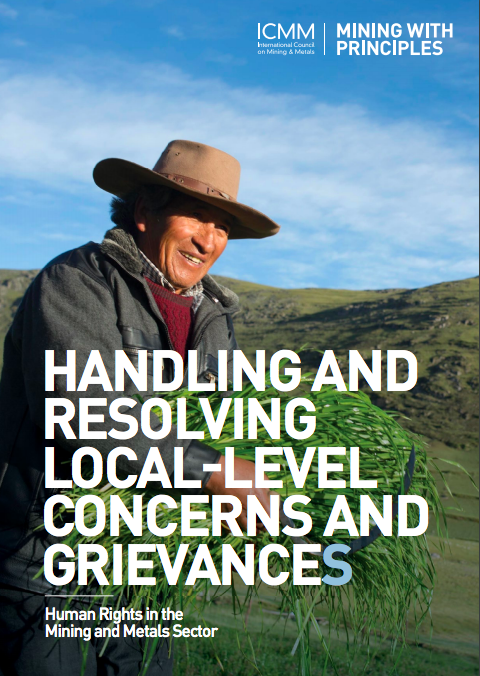Having effective operational-level grievance mechanisms in place to systematically handle and resolve the grievances that arise helps to diffuse potential problems and provides channels for resolving issues that might otherwise escalate into protests, conflicts or legal disputes. They also provide an important tool to help companies assess the state of community relations and indicate where problems may arise. Investors understand this and are placing increasing emphasis on the need for robust grievance mechanism processes as part of their environmental, social and governance assessment of companies.

